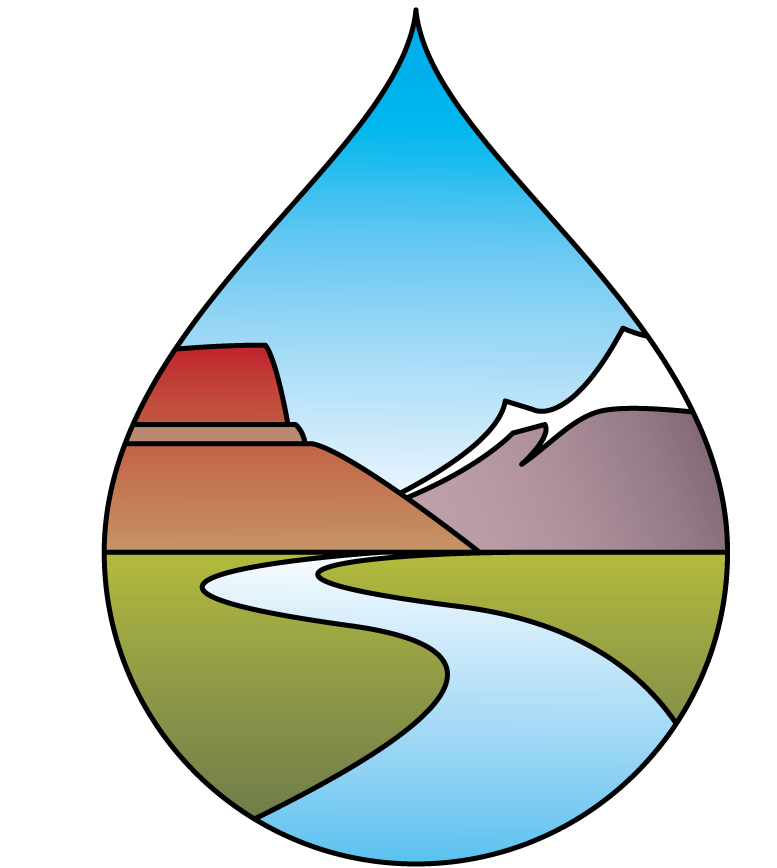Position #468 – June 25, 2021
WHEREAS, in the West, water is indeed our “life blood,” a vital and scarce resource the availability of which has and continues to circumscribe growth, development, our economic and environmental well-being and quality of life; and
WHEREAS, across the West, rural and tribal communities are experiencing water supply shortages due to drought, declining streamflows and groundwater supplies, and inadequate infrastructure, with some communities hauling water over substantial distances to satisfy their potable water needs; and
WHEREAS, often water supplies that are available to these communities are of poor quality and may be impaired by naturally occurring and man-made contaminants, including arsenic and carcinogens, which impact communities’ health and their ability to comply with increasingly stringent federal water quality and drinking water mandates; and
WHEREAS, at the same time, many rural and tribal communities in the West are suffering from significant levels of unemployment and simply lack the financial capacity and expertise to finance and construct needed drinking water system improvements; and
WHEREAS, there are six authorized and active rural water projects located in Montana, New Mexico, North Dakota, and South Dakota of which five have yet to be completed at an estimated federal cost of around $898 million – while costs continue to increase due to delays, inflation and the rising costs of materials and labor – and at current levels of funding completion of some project could be delayed by decades; and
WHEREAS, there is a Federal responsibility to complete authorized rural water projects, particularly those intended to fulfill in part a solemn Federal promise and trust responsibility to compensate States and federally recognized Indian Tribes for lost resources as a result of the construction of Federal flood control projects and other actions; and
WHEREAS, recognizing Federal budget constraints, a modest increase in Federal expenditures would expedite completion of authorized projects and in the long run save taxpayer money while inadequate funding levels, and untimely appropriations only increase delays and Federal costs and perpetuates rural and tribal communities’ hardships; and
WHEREAS, authorizing the increased use of Reclamation Fund revenues to expedite completion of these projects fulfills both financial and moral obligations that some beneficiaries have waited decades to see honored; and
WHEREAS, the Congress enacted the Rural Water Supply Act of 2006 (P. L. 109-451) and established the Bureau of Reclamation’s Rural Water Supply Program authorizing the agency to work with rural communities, states and tribes, to assess potable water supply needs and identify options to address those needs through appraisal investigations and feasibility studies; and
WHEREAS, federal expenditures for rural water projects actually generate significant returns on the investment through increased national and local economic benefits, as well as improvements in quality of life; and
WHEREAS, Reclamation Fund receipts are largely derived from water and power sales, project repayments, and receipts from public land sales and leases, as well as oil and mineral leasing and related royalties, from western lands adjacent to rural and tribal communities; and
WHEREAS, western States are committed to continuing to work cooperatively with the Department of Interior and Bureau of Reclamation to meet rural water needs in the West for present and future generations, within the framework of state water law, as envisioned in the Reclamation Act of 1902; and
WHEREAS, under the Reclamation Act of 1902, the Reclamation Fund was envisioned as the principal means for financing federal western water and power projects with revenues from western resources – but these receipts are only available for expenditure pursuant to annual appropriation acts; and
WHEREAS, with growing receipts — in part due to energy development across the rural West — and limited federal appropriations for Reclamation Act purposes, the unobligated balance grows larger and larger (and is expected to soon exceed $18 billion), while the money is actually spent elsewhere for other federal purposes contrary to the Congress’ original intent; and
WHEREAS, the Western States Water Council (WSWC) has a long-standing policy in support of using receipts accruing to the Reclamation Fund for authorized projects, including rural and tribal water supply projects.
NOW THEREFORE BE IT RESOLVED, that the WSWC strongly supports Administrative and Congressional action to expedite construction of authorized rural water supply projects in a timely manner, including projects that meet tribal trust and other federal responsibilities — recognizing and continuing to defer to the primacy of western water laws and tribal settlements in allocating water among users.
BE IT FURTHER RESOLVED, that the WSWC recommend that the Administration and the Congress investigate the advantages of converting the Reclamation Fund from a special account to a true revolving trust fund with annual receipts to be appropriated for authorized purposes in the year following their deposit (similar to some other federal authorities and trust accounts).
Revised and Readopted (see former Positions #423, Aug 8, 2018; #381, Jul 10, 2015; and #343, Jun 8, 2012)
